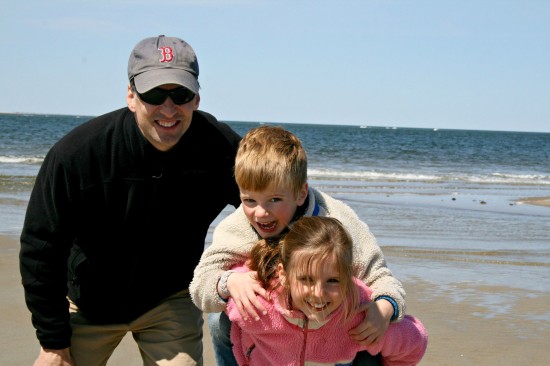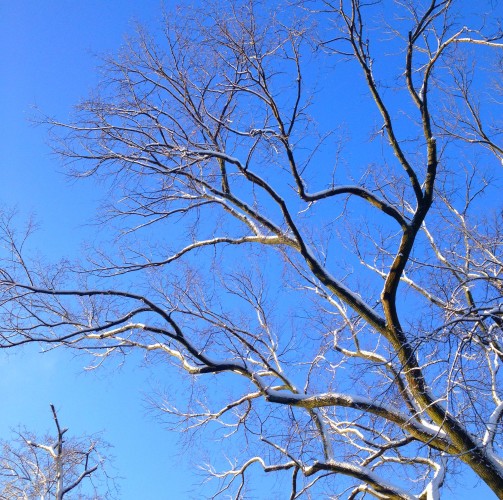 I used to so frequently parallel process and multitask that I actually didn’t know how to sit still or to do just one thing at a time. I played Tetris during conference calls, needlepointed while watching a movie on demand, tapped out work emails while at the park with my children. It wasn’t a deliberate behavior as much as it was my instinct. I think I just kept moving, all the time, because that’s all I had ever done. I was always in a rush to get to the next stop on the map. Until I vaulted over the edge of that map, and realized I needed to start navigating by the stars.
I used to so frequently parallel process and multitask that I actually didn’t know how to sit still or to do just one thing at a time. I played Tetris during conference calls, needlepointed while watching a movie on demand, tapped out work emails while at the park with my children. It wasn’t a deliberate behavior as much as it was my instinct. I think I just kept moving, all the time, because that’s all I had ever done. I was always in a rush to get to the next stop on the map. Until I vaulted over the edge of that map, and realized I needed to start navigating by the stars.
That’s approximately when I started slowing down.
I’m sure it’s not coincidence that I now find many kinds of multitasking unbearably difficult. This is most of all true when people talk to me while I’m engaged in something else, whether that is writing, reading, or listening to someone else. It literally frays me to have my attention split like that. I truly cannot stand it, and my poor children, who are frequently on the receiving end of a finger held up to say just one minute, can attest to this.
I sometimes feel like one of those many-armed Indian goddesses, and I need to sit down, take a breath, and remind myself: first things first. One thing at a time. Certainly part of this is a conscious effort I started making several years ago to be here now. After all, my real life has already begun and I do not want to miss a moment of it.
But this feels like more than just my deliberate effort to be conscious of my experience. When I’m interrupted when trying to write something, or when I try to do too many things at once, I sometimes feel like I’m going to leap out of my skin. I feel a surge of sudden, overwhelming discomfort that verges on pain. If I’m driving and don’t know where I’m going, for example, God help the person who turns on the radio: I will yelp and demand that you turn it off. I need quiet to do a lot of things these days: not just navigate but read, write, think.
I still check my phone more than I should. And I still sometimes play some quiet Tetris while listening to a call. But on the whole my distracted, two-things-a-time behavior has gone way down. And my irritation at being interrupted when I’m engaged in something has gone way up. When I actually think about it, the change in how I inhabit the world is seismic.
Is this a symptom of old age and diminishing mental powers? Or is it my slow turning towards genuine engagement in my own experience? I can’t tell if it’s ironic or absolutely logical that this decreasing ability to parallel process coincides with my being busier than I have ever been. It’s inconvenient timing, for sure, but perhaps it makes total sense. I don’t know that there’s insight in the recognition that multi-tasking takes away from our ability to focus, but I do know that my own life, my own mind and heart, are giving me very real messages that I must more often do just one thing at a time. I’ve tasted what life is like when I’m paying attention, and I am no longer willing to live any other way.


